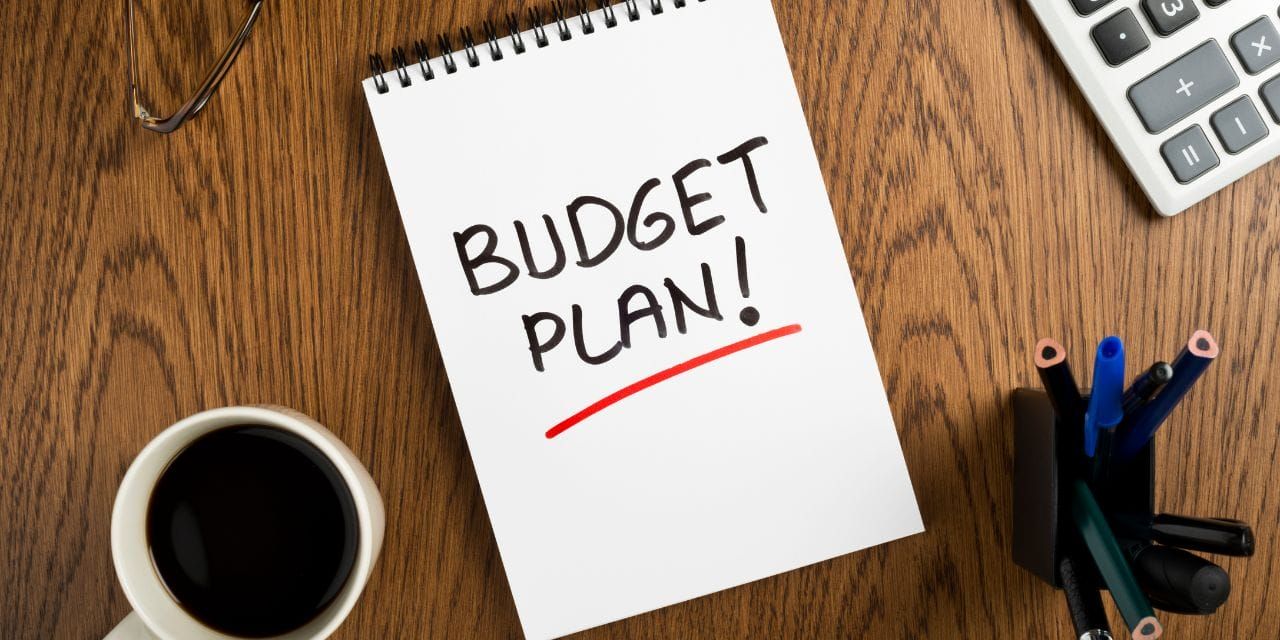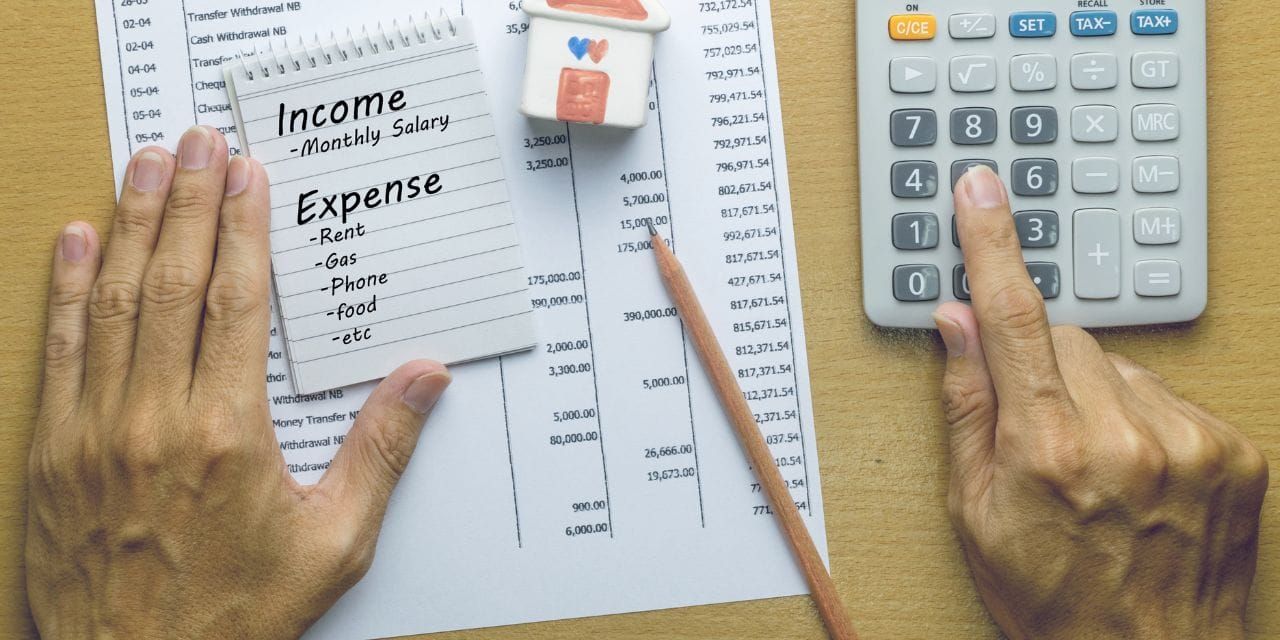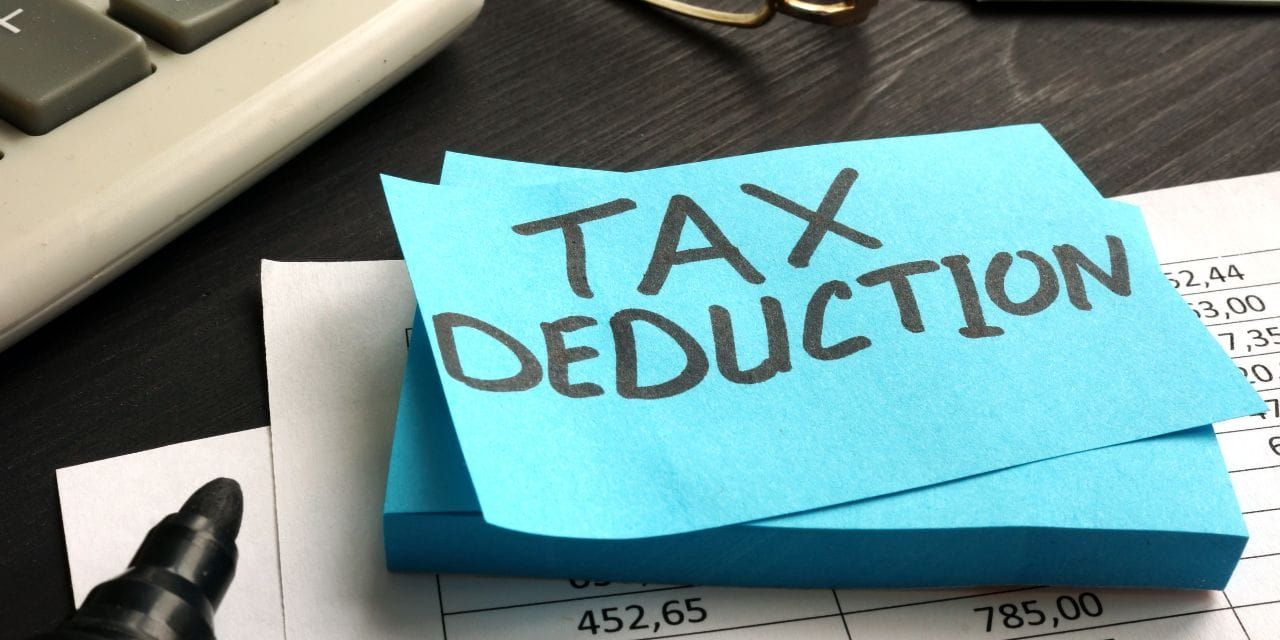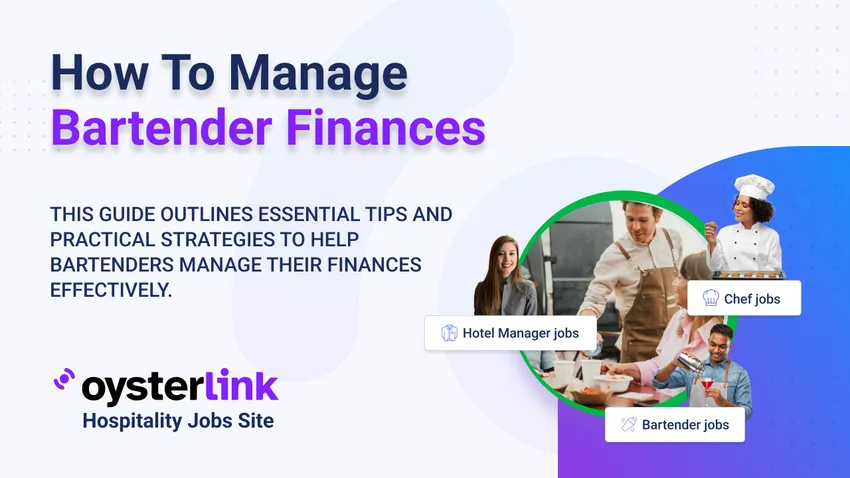For many Bartenders, managing finances can feel like a real challenge. With income that often depends on tips and fluctuating work hours, it can be tough to find stability.
In this article, we’ll explore practical tips for managing your finances as a Bartender.
1. Understand Your Income
Understanding your income is the first step towards mastering your finances.
As a Bartender, it’s important to recognize the different components of your earnings and how to leverage them effectively.
Breakdown of earnings
Your earnings typically come from two primary sources: a fixed salary and tips. It’s essential to have a clear understanding of how much you earn from each segment.
Many Bartenders receive a base hourly wage, but tips can significantly enhance their overall income.
To track your earnings effectively, consider keeping a simple log. This could be a handwritten journal or a digital spreadsheet where you record your daily income.
By doing this, you'll gain insights into your weekly and monthly earnings, allowing you to plan better.
For example, if you notice that Thursday and Friday nights yield the most tips, you can adjust your schedule accordingly to maximize your income.
Variability of income
Income for Bartenders can fluctuate greatly from week to week, influenced by factors such as special events, holidays and local nightlife trends.
Understanding these patterns will help you anticipate your earnings more accurately.
For instance, during summer, many bars experience increased patronage due to vacations and outdoor events, leading to higher tips.
Conversely, slow seasons can present challenges. By identifying peak and off-peak times, you can adapt your budget and financial strategies accordingly.
This foresight will enable you to prepare for lean months, helping to cushion financial blowbacks when income dips.
2. Create a Budget

Creating a budget is one of the most powerful tools you can employ for financial management. It allows you to control your spending, prioritize needs and plan for the future.
Importance of budgeting
Budgeting is crucial because it provides clarity and structure to your financial life. It is not just about restricting spending; it is about empowering you to make informed financial decisions.
A well-thought-out budget will reveal where your money goes and highlight areas where you can save more effectively.
Creating a budget also encourages you to set financial goals, whether it’s saving for a new phone, planning a vacation or even preparing for retirement.
Steps to create a personal budget
To create a personal budget, follow these key steps:
- List fixed expenses: Identify all your recurring fixed expenses, such as rent, utilities, insurance and any loan payments. These are payments that won't change significantly from month to month.
- Identify variable expenses: Track your spending on groceries, dining out, travel and entertainment. These expenses can vary, so monitor them closely, especially as a Bartender whose work schedule might impact social spending.
- Allocate funds for savings: Aim to set aside a percentage of your income for savings. A general rule of thumb is to save at least 20% of your earnings. Consider establishing different savings categories for short-term goals (like buying a new uniform) and long-term goals (such as retirement savings).
Tools for budgeting
There are numerous budgeting tools available today that can simplify and enhance your financial planning.
Mobile apps such as Mint and You Need a Budget (YNAB) are user-friendly and can help you track your income and expenses seamlessly.
They allow you to set financial goals and generate reports that give you insights into your spending habits.
Using technology can make the budgeting process less tedious and more engaging, encouraging consistent follow-through.
3. Manage Expenses

Keeping your expenses in check is critical for maintaining financial stability, particularly in a field like bartending where income can fluctuate.
Identifying necessary vs. unnecessary expenses
One key principle in managing bartender finances is distinguishing between necessary and unnecessary expenses.
This involves being honest with yourself about what you really need and what can wait.
To help with this process, ask yourself:
- Is this purchase truly essential?
- Can I find a cheaper alternative without sacrificing quality?
- Will this add significant value to my life or career?
Being mindful of your spending habits can help you avoid impulse purchases that can quickly eat away at your budget.
Strategies for cutting costs
To help trim unnecessary expenses, consider implementing the following strategies:
- Limit dining out: Cooking at home can save you a lot of money in the long run. Experimenting with new recipes can be both fun and budget-friendly.
- Use coupons and discounts: Take advantage of sales and promotions whenever possible. Apps and websites that offer discounts can provide great savings on everyday items.
- Avoid impulse buys: Implement a cooling-off period for non-essential purchases, such as clothing or gadgets. Wait 24 hours to see if the desire to buy persists.
4. Save for the Future

Saving money is vital for financial security, especially in an unpredictable profession like bartending.
Importance of saving
Developing a habit of saving creates a safety net that can provide peace of mind during financial uncertainties.
Having a reserve can shield you from sudden emergencies, such as unexpected medical bills or car repairs, and allow you to focus on your work without the added stress of financial insecurity.
Setting savings goals
Establishing clear savings goals can motivate and guide you when it comes to saving effectively.
Differentiate between short-term and long-term goals to make the saving process more manageable.
- Short-term goals: These might include saving for new bar tools, a trip, or even a special event. Having specific targets can make the process more rewarding.
- Long-term goals: This could involve setting aside money for retirement or a future home. Consider using separate accounts for different goals to track your progress better.
Automating savings
One effective way to save is by automating the process. Set up automatic transfers from your checking account to your savings account each payday.
This way, saving becomes a seamless habit rather than a decision you have to make each month.
By treating savings like a non-negotiable expense, you can build your financial security without extra effort.
See also: What Restaurants and Bars Do Bartenders Make the Most Money At?
6. Handle Taxes and Deductions

Understanding your tax responsibilities can substantially impact your financial health, especially as a Bartender who typically works for tips.
Understanding tax obligations
Be aware that you are responsible for reporting all income, including tips, which are considered taxable.
Familiarize yourself with the tax rates and regulations that apply to your income bracket to avoid surprises during tax season.
Keeping accurate records
Maintaining accurate records of your earnings and expenses is crucial for smooth tax filing. Use a simple system, whether digital or paper-based, to keep receipts and logs of your daily income.
This can simplify the process at tax time and allow you to verify your income and expenses with ease.
Exploring deductions
Many Bartenders may be eligible for tax deductions that can help reduce their taxable income.
Some commonly overlooked deductions include:
- Uniforms or clothing that are necessary for your job.
- Supplies purchased for your role or any training seminars you attend.
- Transportation expenses if you travel for work-related purposes.
Consulting with a tax professional can help you identify any additional deductions you might qualify for, ensuring you maximize your tax returns.
7. Plan for Irregular Income
Having a plan for fluctuating income is crucial for financial stability, especially for Bartenders whose pay can vary widely.
Adjusting the budget for fluctuations
Be proactive in adjusting your budget based on monthly income patterns. If you anticipate slower months, reduce your discretionary spending to maintain a healthy financial balance.
Conversely, during busier times, allow yourself a little more flexibility to enjoy the fruits of your labor without neglecting savings.
Building an emergency fund
Creating and maintaining an emergency fund is vital for handling unexpected expenses that may arise, such as medical emergencies or car repairs.
Aim to set aside a specific amount each month, gradually working towards covering three to six months’ worth of living expenses.
Having this safety net will provide peace of mind and lessen the urgency to dip into savings when unforeseen circumstances occur.
Access Career Resources and Financial Insights on OysterLink
Managing Bartender finances effectively is crucial for navigating the ups and downs of this rewarding profession.
By understanding your income, creating a budget and managing expenses, you can achieve greater financial stability and peace of mind.
To further enhance your financial journey, consider exploring OysterLink. This platform offers valuable resources and career advice specifically tailored for hospitality professionals, including Bartenders.
With OysterLink, you’ll have access to tools and insights that can help you make informed decisions about your finances and career, setting you up for long-term success in the industry.









Loading comments...